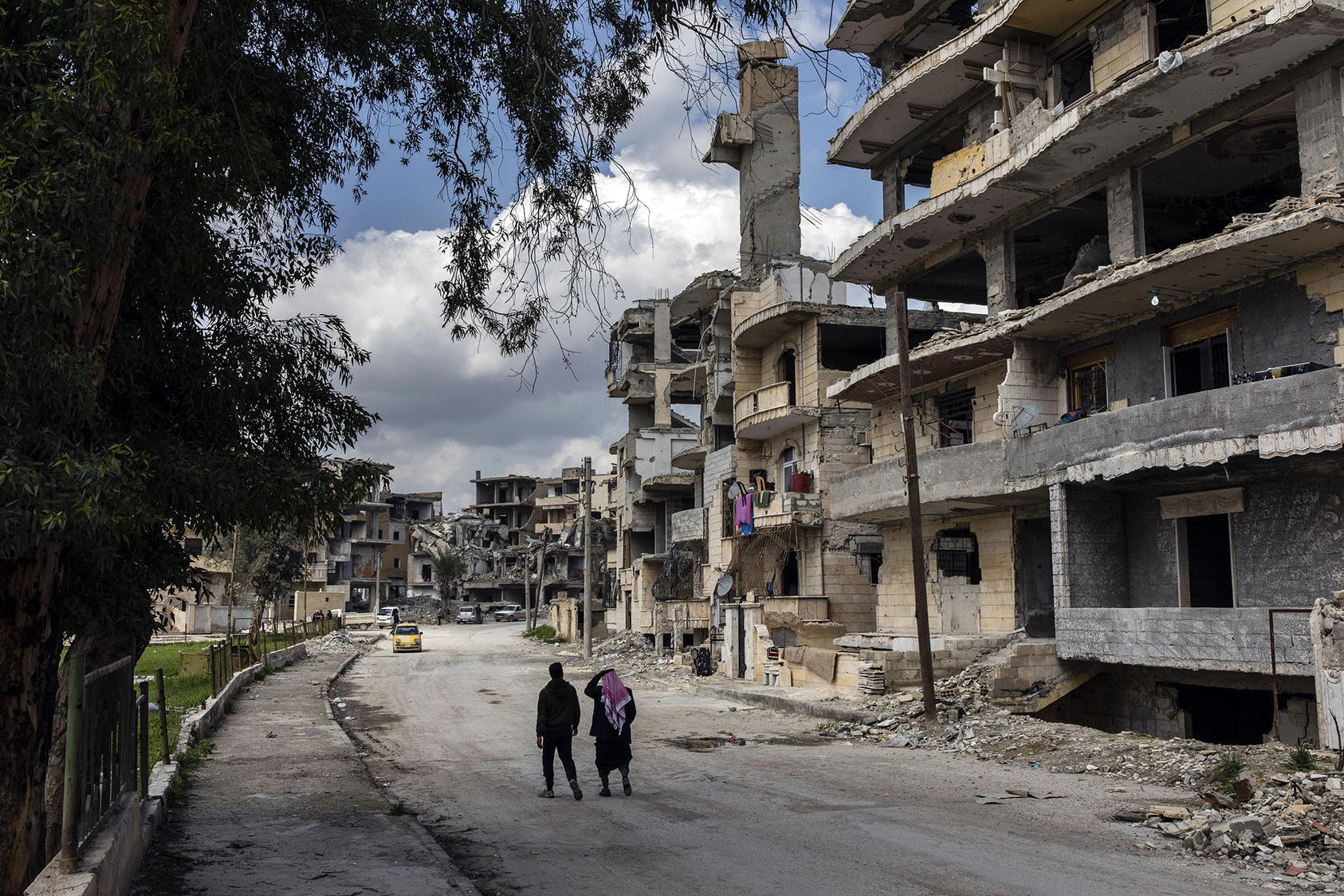Rethinking Transnational Terrorism: An Integrated Approach
The 2011 civil war in Syria attracted thousands of fighters from at least seventy countries to join the Islamic State. Al-Shabaab carried out large-scale attacks on civilian targets in Uganda and Kenya as retribution for the deployment of peacekeeping forces in Somalia. In this report, Martha Crenshaw considers the extent to which civil war and foreign military intervention function as a rationale for transnational terrorism, and how understanding the connections between terrorism, civil war, and weak governance can help the United States and its allies mount an appropriate response.

Summary
Transnational terrorism poses a threat to all countries but is of immediate concern to the U.S. government. After key losses of territory by insurgents and the subsequent withdrawal of U.S. troops, forces of the self-styled Islamic State have regrouped in Iraq and are developing safe havens in war-torn Syria, accompanied by the stepped-up use of social media for recruiting and propaganda purposes.
The response of the United States and its key security partners should be coordinated not only across governments but across the agencies of a specific state. The U.S. response, for example, should entail policy coordination of defense agencies, humanitarian aid provision, the development of effective communications strategies, a well-thought-out plan for the use of force, if needed, and advance planning of postconflict stabilization strategies.
Mounting an appropriate response requires first understanding the complex interlinkages among civil war, transnational terrorism, and weak governance. Conflicts in Mali, Chechnya, Syria, and other fragile states disrupted by civil war and facing actions from global terrorist networks suggest the different ways in which these factors may interact and the different paths to a solution, including bi- or trilateral negotiations that include extremist groups at the negotiations table. However, governments supporting weak states need not wait for critical events entailing loss of life to occur before offering multidimensional assistance.
Recognizing the conditions under which extremist threats emerge allows governments to take defensive and mitigating measures before a crisis takes shape. Patience and adopting a long view of regional developments greatly aid in assessing and responding to global jihadist threats; governments should not overpromise results or exaggerate threats.
About the Report
Drawing on an extensive review of the recent literature, this report considers the extent to which civil war and military interventions by foreign powers function as drivers of and rationales for transnational terrorism. The research was supported by the Policy, Learning, and Strategy Center at the United States Institute of Peace.
About the Author
Martha Crenshaw is senior fellow emerita at the Center for International Security and Cooperation, Freeman Spogli Institute for International Studies, Stanford University, and professor emerita of government at Wesleyan University in Connecticut. Explaining Terrorism, a collection of her essays on the causes, processes, and consequences of terrorism, was published in 2011. She is the author (with Gary LaFree) of Countering Terrorism (2017).



